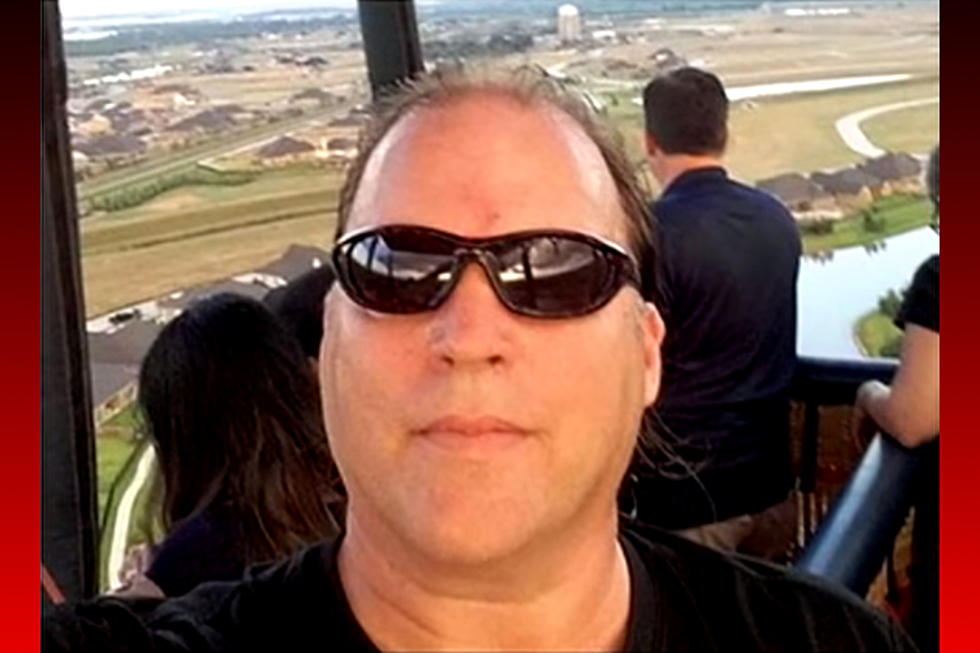
Pilot of Crashed Texas Hot Air Balloon Had Drugs in His System
The pilot of a hot air balloon that crashed in Lockhart, Texas on July 30, killing 16 people, had taken several drugs before liftoff, including a prohibited opiate.
According to documents obtained by Bloomberg, Alfred "Skip" Nichols was taking 13 prescription medicines at the time of the crash, including oxycodone and diazapam - two substances prohibited by the Federal Aviation Administration.
Documents prepared for a National Transportation Safety Board hearing reveal that Nichols was undergoing treatment for several medical conditions, including chronic pain from fibromyalgia as well as type II diabetes and depression. According to Bloomberg, some of the conditions from which he suffered should have prohibited from operating an aircraft.
As we reported August, Nichols, who owned and operated Heart of Texas Hot Air Balloon Rides in Austin, had a history of DUI convictions and balloon crashes. The July 30 crash raised questions about FAA standards, which do not require balloon pilots to disclose any past substance abuse convictions when filing FAA medical forms.
Current FAA regulations also do not require balloon pilots to hold a medical certificate of any class, and only sport pilots are required to at least have a driver’s license. Applicants are asked to certify that they do not know or have reason to know of any medical condition that would render them unable to operate a balloon in a safe manner, though the FAA’s website does not specify how.
Pushes for stricter standards for balloon pilots began long before Nichol's balloon went down in July, killing him and 15 passengers.
In a letter to FAA Administrator Michael P. Huerta dated April 7, 2014, NTSB Chairwoman Deborah A.P. Hersman cited several hard landings made by balloon pilots and wrote the following:
These accidents highlight operational deficiencies in commercial air tour balloon operations, such as operating in unfavorable wind conditions and failure to follow flight manual procedures, that the NTSB is concerned are a result of the current lack of oversight relative to similar airplane and helicopter air tour operations.
The NTSB concludes that passengers who hire air tour balloon operators should have the benefit of a similar level of safety oversight as passengers of air tour airplane and helicopter operations.
The FAA rejected the NTSB recommendations, and said they would not result in significantly higher operational safety since ballooning is not as common as airplane and helicopter operation.
Responding to Hersman, Huerta wrote, “The FAA believes the risk posed to all pilots and participants is also low given that ballooners understand the risks and general hazards associated with this activity”.
The National Transportation Safety Board is currently holding hearings concerning the Lockhart crash. According to the NTSB, Nichols spoke to an operator at an FAA weather station about flying conditions on the day of the crash and was told that conditions may prove unsafe that day. He was reportedly descending through a break in heavy clouds when he struck power lines, causing the balloon to go up in flames.


